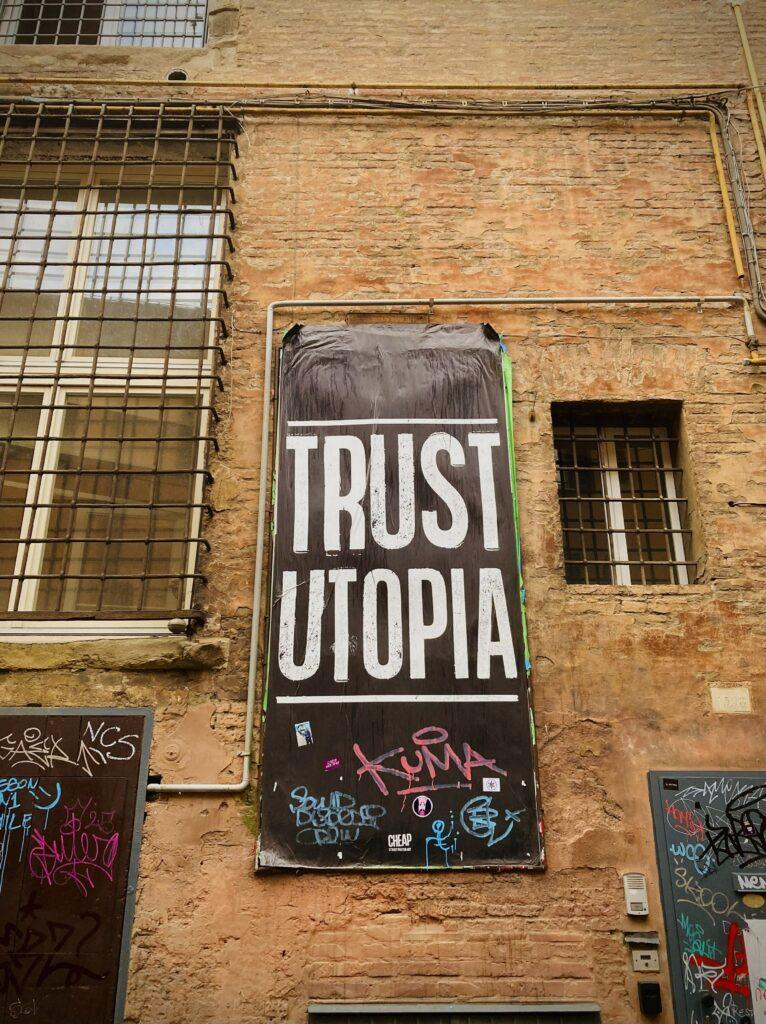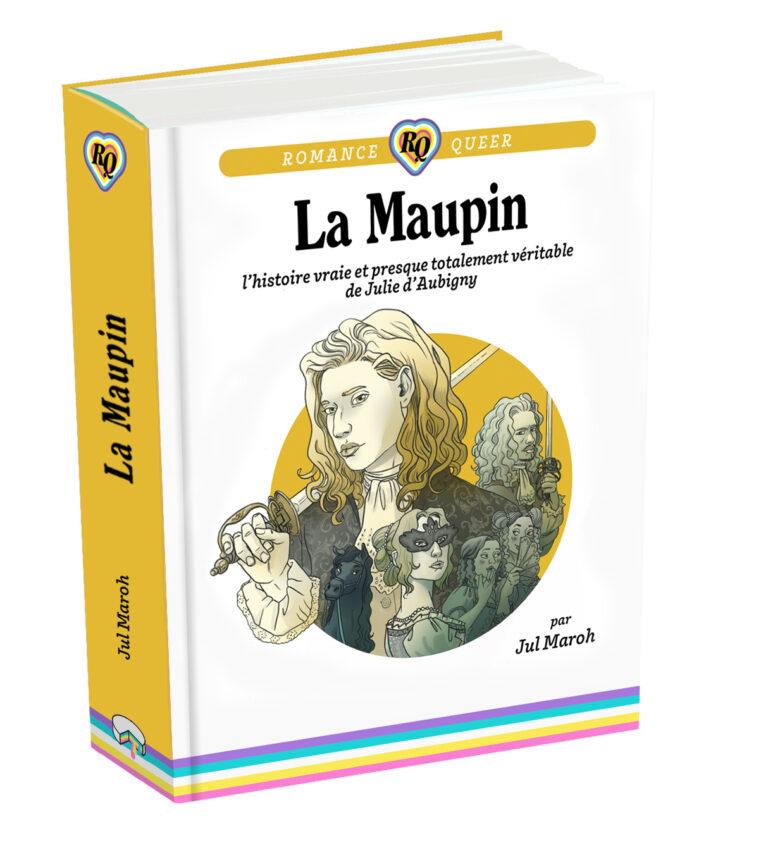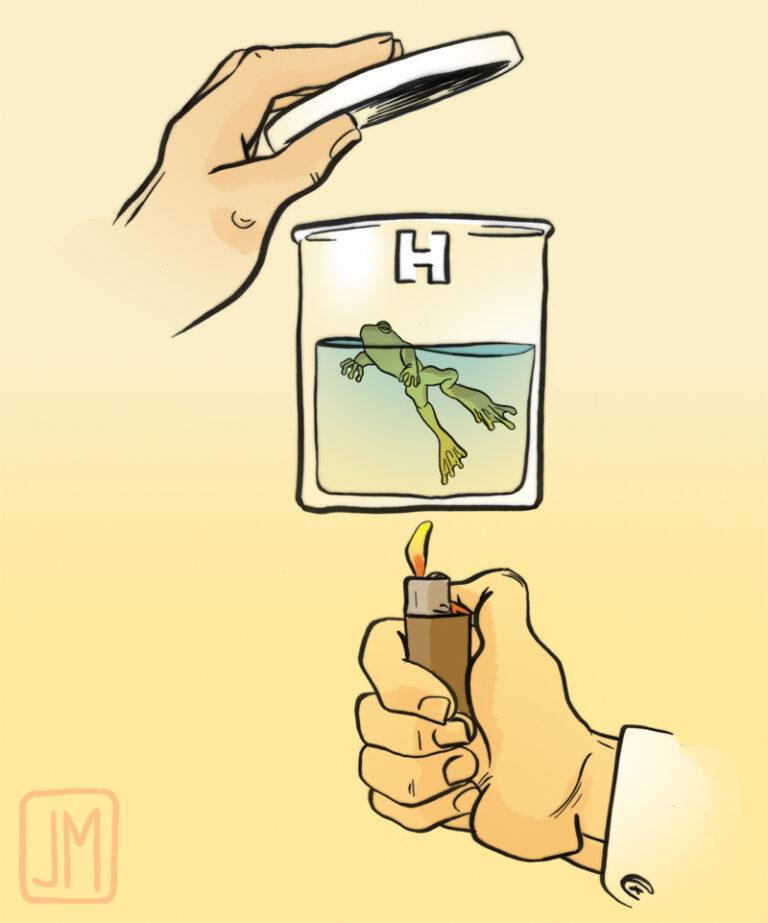This text is an excerpt from my newsletter dated September 16, 2025. To not miss any posts, simply subscribe at this link.
With the outpouring of the literary season colliding with that of a growing social movement (in France, where I speak), I wanted to raise here an issue that I first observed being raised in transfeminist circles and being picked up this month
in what should be called mainstream media. The issue of feminist/queer/publicly committed authors against the far right, yet who are published by publishing houses belonging to ultraconservative groups.
In fact, I think it's very good that this topic is being brought up, in the public, it shows that the artist still has influence in this society.
First of all, some facts: the state is not—or no longer—a patron of artists. We're left to our own devices with our fucking dreams for this world, in a system that—not knowing how to chew us up in order to digest us in its crude capitalism—prefers to pass us through the nutcracker. So: no status + forget social rights + hello elitist circles subordinate to the market. It's worth noting that in France 3.4% of artist-authors account for 48% of artistic income (thanks to Jimmy Cintero of SNAP syndicate for the info). To give you some perspective, if this figure doesn't already seem mind-boggling, it's the same imbalance as in real estate ownership. In short, art and capital, quite a story.
This creates an intimate feeling that is widespread in this milieu: "making a living" from one's profession as an artist is a great chance and a social success. Most of us don't have any other strings to our bow, and we live in fear of having to give up our profession (and our social circles, as we've often been in these circles since adolescence) "if it doesn't work out for us." Needless to tell you, fear can convert crowds to just about anything. Multiply that fear by the number of oppressions a person has experienced—in this case, a queer artist or feminist ally who has experienced precarity, the inconsistency of laws against them, the invisibility of political minorities, and even violence.
In my opinion, this reality can explain what I read in the recent interview of Rebeka Warrior, for the release of her book Toutes les vies (All Lives) at Stock:
To those who see a contradiction between the feminist and queer commitments of a self-proclaimed punk, anti-capitalist personality and her publishing house, which has come under the leadership of conservative billionaire Vincent Bolloré, she retorts that she is "an artist above all," playing with "the cards of the world in its current form." Fatalistically, "At the head of almost every major company today, there are people I can't stand..." Rebeka Warrior sees herself as "an intruder in the house, fighting from the inside. My story is queer. The more people read it, the more I advance my ideas."
Except that for every book Rebeka Warrior sells, the Bolloré group will receive more than double her earnings.
I agree with Rebeka Warrior's observation: imperialist patriarchy has a stranglehold on large corporations, both publishing and media. I don't agree with her conclusions, however.
Faced with our fears and turmoil as authors in the landscape described above, Audre Lorde's voice hammers home prophetically: The master's tools will never dismantle the master's house..
I find it expected and justified that our community demands accountability for our contradictions. I'm freaking out too, folks. Money is a constant worry, and I'm constantly struggling with my own inconsistencies. The number of discussions I had with Sabrina Calvo and some comrades before signing our book Hacker la peau with our publisher Le Lombard... Not to mention that I just turned 40 years old... the publishing world I knew when I started out is changing rapidly.
Personally, I am very attached to the fact that artists have a moral responsibility, because they are the ones who open the field of imagination and possibilities. But when the artist is queer or a feminist ally, having experienced precarity, the inconsistency of laws against them, the invisibility of political minorities, and violence, and this artist is abandoned by the state, how can we not give in to fear? What about collective responsibility towards artists? Would you live a life without art? Without music, without images, without films or series, without reading, without designer clothing or objects, without festivals, etc. No one would want to live without art, but too few people fight alongside us for our rights. I can understand that under these conditions, queer/feminist artists choose to take the money where it comes. After all, integrity manifests itself in us more as a mirrored relationship than an individuality. Who felt betrayed by the other first in this story? Real question.
In short, it's complex, but also... simple.
The publishing and media world is changing, that's undeniable. We still have alternatives, imperfect ones (so-called independent publishing and author cooperatives have their share of problems and difficulties), but they are the only possible paths toward the fall of the normative empire that crushes our diversity and our loves. It's precisely because we're worn down to the bone by our old traumas and by tear gas that we've created OUR spaces, our homes, our cultures. There are enough "Swiss Army knife" butches (♡) among us to do the same with the publishing and media world.
That's why I say it can be simple. Because we have the dykes.
Seriously, the power of boycotting... They know it all too well.
Boycott Hachette, comrade.




